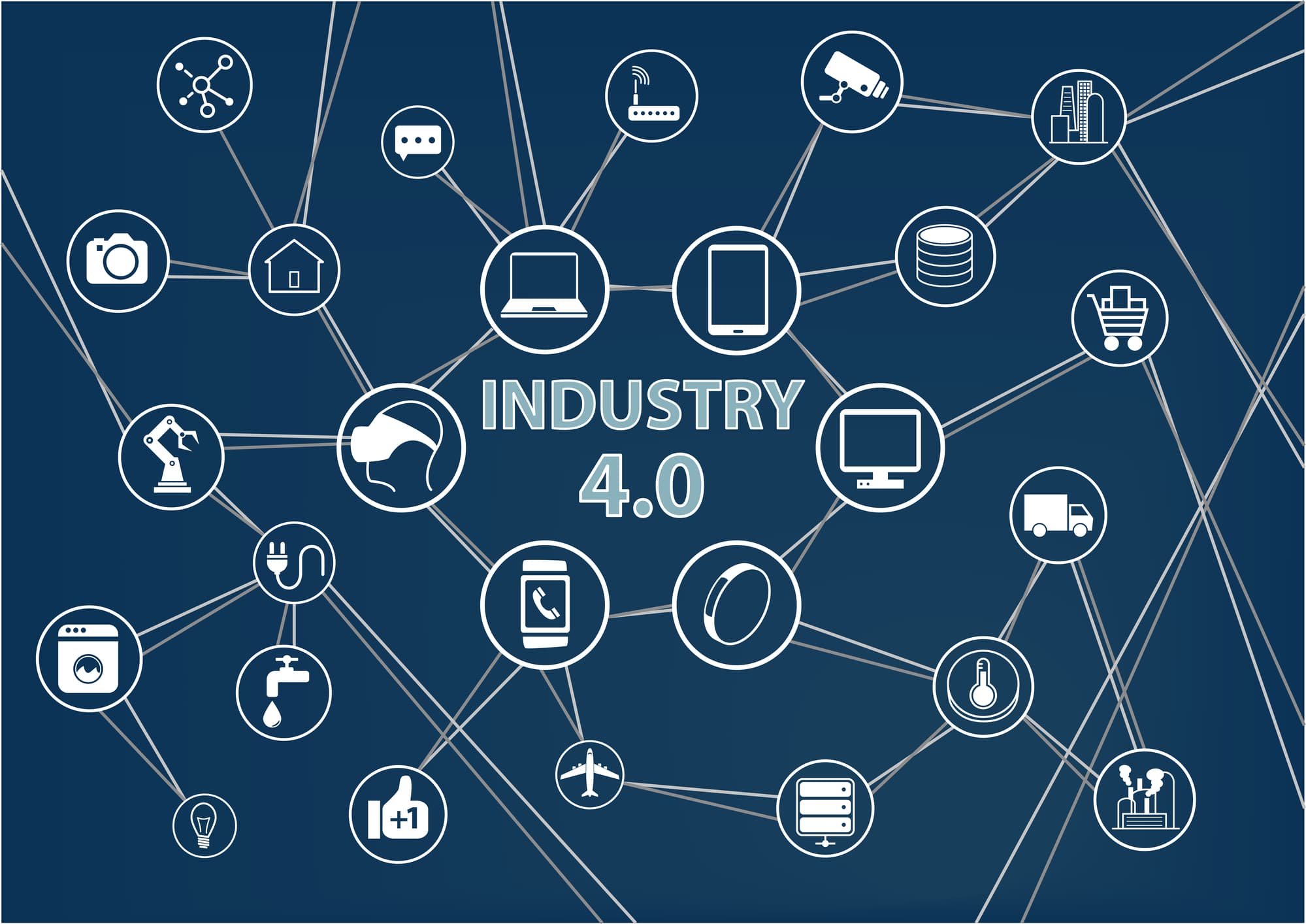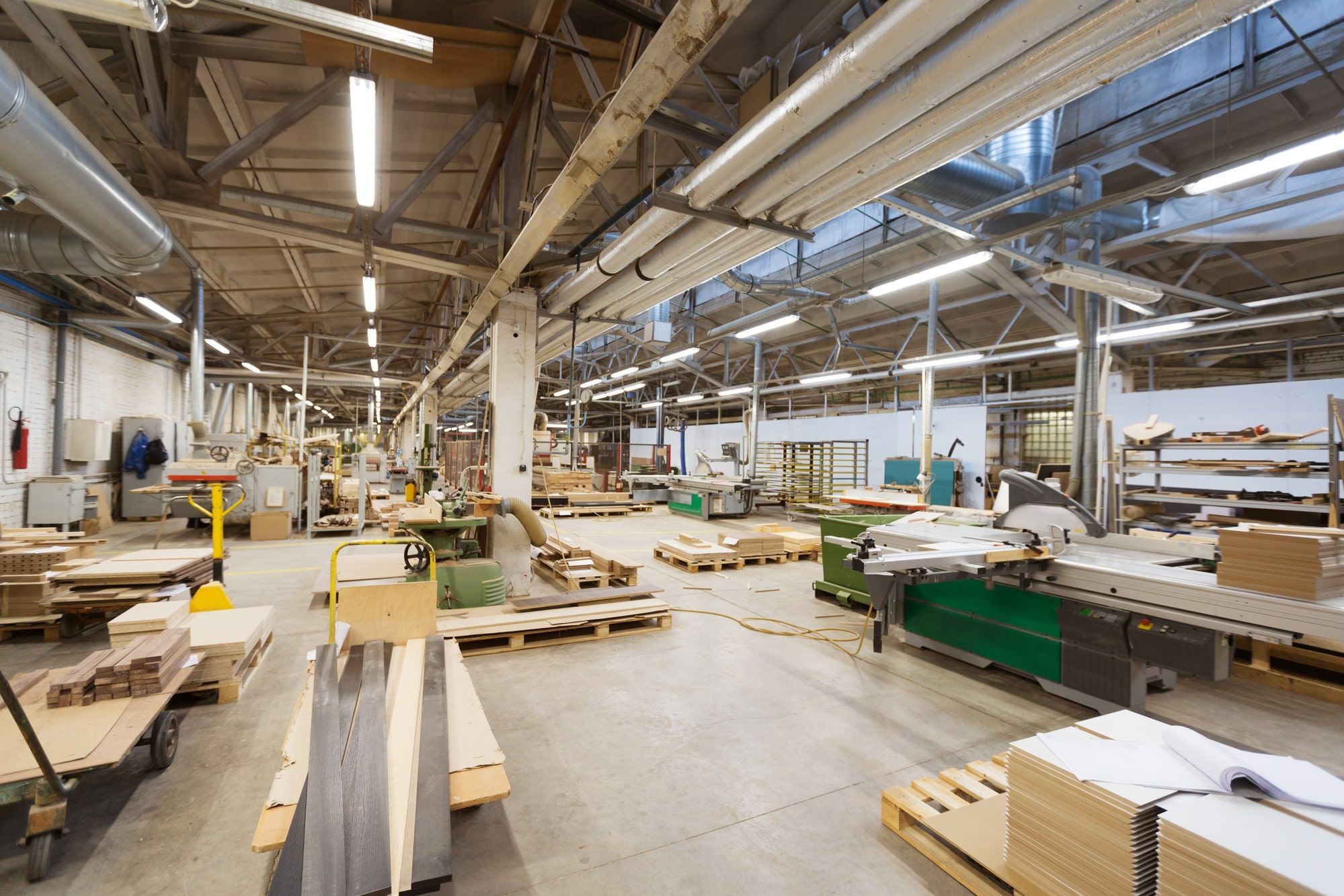At present, the traditional furniture manufacturing industry faces a double challenge. Increasingly, consumers are looking for quality products and personalized services at a lower and lower price.
At the same time, a few years ago, in order to meet the needs of the population, the “Industry 4.0” concept appeared in Germany, one of the key projects of the German government’s advanced technology strategy, which promotes the revolution. digital industries. The furniture industry is not immune to this movement and is also benefiting from this breakthrough and this shift in focus.
Many observers believe that Europe is starting a new industrial revolution characterized by the universal use of sensors, the expansion of wireless networks and communications, the deployment of increasingly intelligent robots and machines, as well as increase in the power of computer systems and at a lower cost, as well as the development of Big Data analysis. As already mentioned, the wood and furniture sector receives input from other sectors that could transform the way furniture is made in Europe.
This new digital industrial revolution offers greater manufacturing flexibility, mass customization, higher speed and quality as well as increased productivity. However, to take advantage of these benefits, companies will need to invest in human resources, equipment, information and communication technology (ICT) and data analysis, as well as stream integration. of data along the entire value chain.

But what is Industry 4.0?
According to this principle, Industry 4.0 aims to transform traditional industries through the use of digital tools, allowing these industries to obtain flexible production, without neglecting this strong industrial base, but learning strategic thinking through ‘an active exploration of “digital manufacturing”. A whole program … It’s not for nothing that Industry 4.0 is another way of naming the Fourth Industrial Revolution.
The characteristics of Industry 4.0 are:
Interconnection
Interconnection between devices is the focus of Industry 4.0. For example, the interconnection between all types of equipment and machines with even different functions includes intelligent workshops and furniture manufacturing plants.
The interconnection between equipment and products refers to the fact that they can communicate through a specific language. By reading product information, teams can achieve intelligent production. With the help of a post-processor, the integration of the software part and the machine can be achieved by connecting a single smart device. In this way, these devices can perform self-adaptation, self-diagnosis and remote assistance.
The integration
Through the physical information system, Industry 4.0 can combine production system sensors, control systems and production equipment to form an intelligent network. The purpose of vertical integration is to seamlessly link information about all stages of furniture manufacturing, such as design, manufacturing, logistics, transportation, and maintenance.
Big Data
During the production process, an intelligent manufacturing plant will produce a large amount of information and related data. We must then collect information from the data and provide feedback to all aspects of production. In this way, we can achieve an efficient, high-quality business process.

The application of Industry 4.0 in custom furniture factories
Furniture is closely related to people’s lives. However, rising costs, overcapacity and the demand for customization in the marketplace require a high degree of automation, intelligence and flexibility in production.
The requirements mentioned above must comply with the requirements of the custom furniture factory.
Teowin ERP offers in a single software the integral management of a furniture factory 4.0. Able to coordinate the flow of information between all departments of the plant and facilitate their daily tasks, this is undoubtedly the most specialized and comprehensive solution on the market.
From design to planning, through all stages of production, Teowin ERP projects are designed as dynamic objects that can incorporate all possible variants (dimensions, colors, cutouts, etc.). It also generates all the technical and commercial documentation needed to define the new product, manages the entry of orders manually or automatically by connecting Teowin.
After orders are placed, Teowin ERP automatically calculates the material supply and plans all the work to be done to produce it, to the countermark or on stock. It also generates the necessary reports for the plant and connects to the machines to automate all manufacturing processes (cutting, chanting, machining, assembly, etc.).
Another of its features is the management of all plant resources: it controls the presence of operators and facilitates the collection of data in the plant with touch screens feeding the system in real time or for the planning of orders. manufacturing.
To organize a 4.0 plant, it is essential to keep track of all the materials involved in the production of the furniture. It is essential to know at all times what is needed and where to find it. Teowin ERP’s inventory management classifies all materials (raw materials, semi-finished products and finished products) and provides all this information via its list of choices and packing lists. In addition, it also controls the load of the truck at the output of the final product.
Through Teowin’s ERP business management module, everything related to customers and suppliers is taken care of: quality control of the material received and processing of rejects, among others. It is also linked to the calculation of purchase requirements and automatically generates orders to the supplier by respecting the manufacturing and stock criteria applied in the factory (just in time, on stock or combined). It also facilitates the interpretation of business results through its fully customizable statistical reports. Teowin offers complete and comprehensive monitoring of the furniture company’s activity.
In conclusion: because the furniture manufacturing industry faces many challenges, such as low resource efficiency, high environmental pressure, and high cost of ownership. manpower, intelligent manufacturing is the inevitable trend for the future of the furniture industry.
Thus, we find that Industry 4.0 has countless benefits, such as high resource allocation efficiency, rapid response to market demand, and low labor and resource costs. logistics. To do this, it is necessary to have a specialized tool covering most of the business of the furniture company and processes or information flows to achieve the expected control in Industry 4.0 and Teowin meets clearly to this need.

